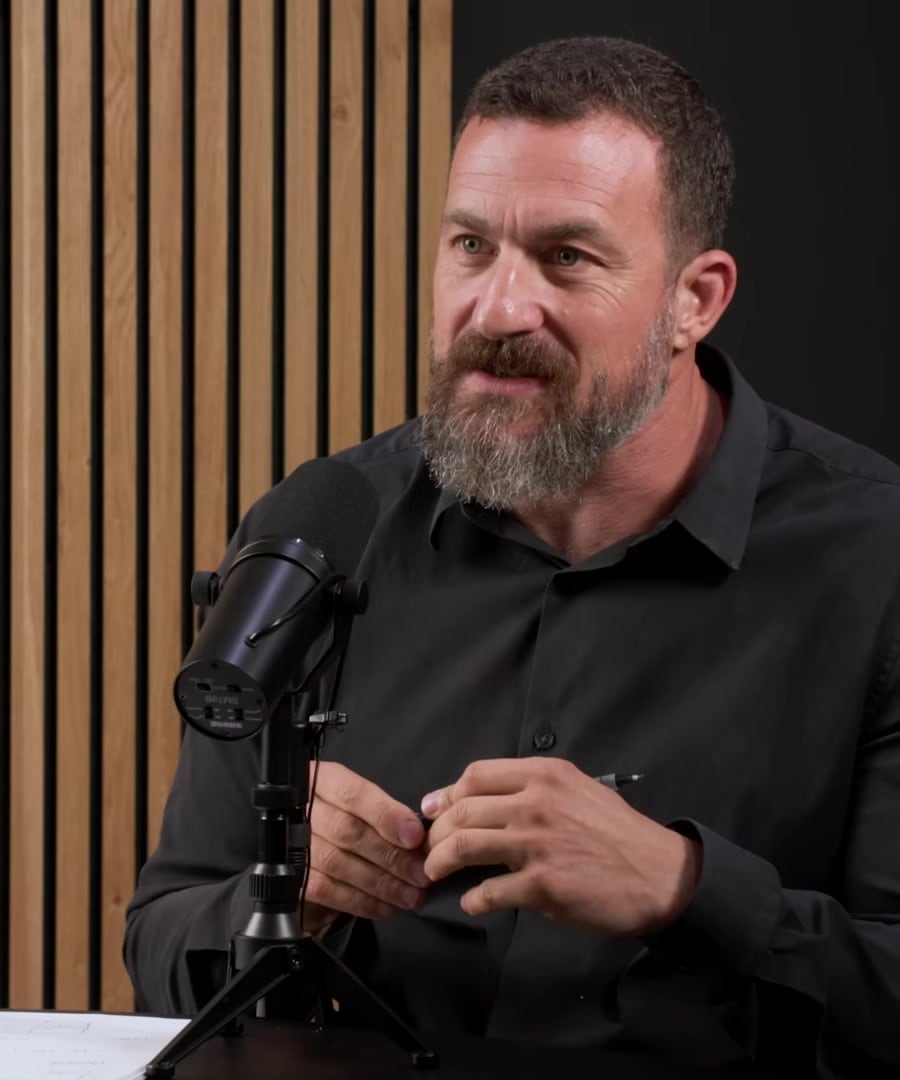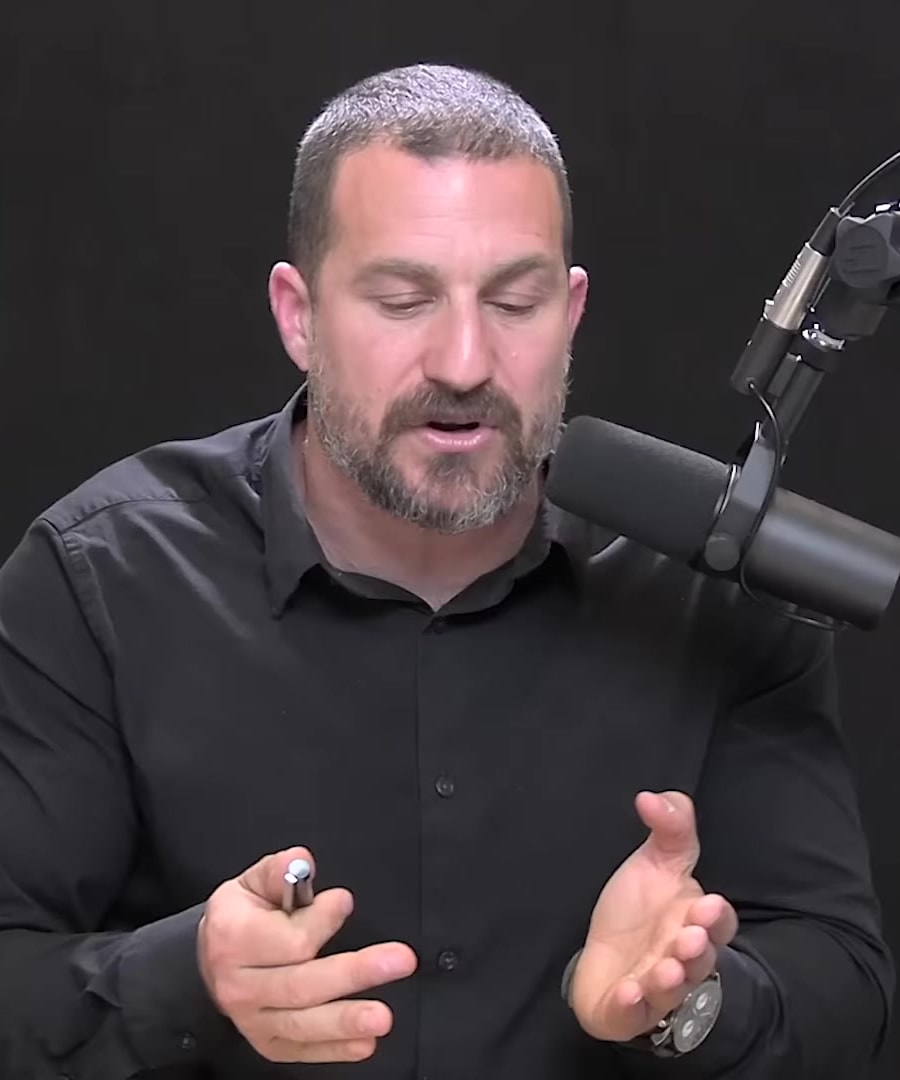Belly fat
Sources:
Huberman Lab has explored topics related to belly fat, highlighting various aspects such as the effects of poor nutritional habits, the role of hormones like leptin in metabolic processes, and the impacts of excess body fat on health and development. Below you will find key takeaways from the clips:
-
Excess Caloric Intake: Dirty bulking, consuming excess calories to gain body fat, can lead to early puberty through leptin increases that activate the hypothalamus and increase testosterone and estrogen prematurely in children. This mechanism is similar to how childhood obesity causes early puberty [1].
-
Role of Cytokines: Excess abdominal fat can lead to inflammation through cytokine release when fat cells break down. Subcutaneous fat can increase without significant issues until a relatively large amount is gained. However, visceral fat (big belly fat) affects metabolism significantly with only a few pounds gained due to its direct drainage into the liver, stimulating various metabolic problems [2].
-
Insulin Resistance & Inflammation: Insulin resistance and inflammation are identified as major factors driving cancer risks associated with obesity. However, the excessive fat stored in love handles, as an example, is not directly responsible for cancer risk; rather, the inflammation and immune dysfunction that typically accompany obesity are of greater concern [3].
-
Nervous System's Role: The nervous system plays a key role in fat loss, regulating processes that accelerate it. Addressing the nervous system's impact can be crucial in discussions about losing fat [4].
-
Cold Exposure & Brown Fat: Cold exposure activates brown fat and can potentially convert beige fat into brown fat, boosting metabolism by creating a stronger 'furnace' within the body, helping to burn more calories [5].
-
Physical Activity: Regular physical activity plays a significant role in preventing insulin resistance and maintaining a healthy body composition, which is crucial for warding off various metabolic diseases [6].
For more in-depth discussions and scientific insights on topics like belly fat, you may consider listening to the full episodes or examining more clips from the .
RELATED QUESTIONS-
nutrition tips related to belly fat
Sources:
Here are some nutrition tips related to belly fat based on the knowledge from Huberman Lab:
-
High-Intensity Training with Fasted Cardio: High-intensity exercise can optimize fat loss, followed by lower intensity training or normal daily activities. Engaging in this workout fasted may increase the percentage of body fat burned during an exercise session. It's not just the length of the exercise but also the intensity and whether you're drawing from the body's fat stores or glycogen stores that determine fat loss 1.
-
Insulin Levels and Meal Timing: To enhance body fat oxidation, keeping insulin levels low could be beneficial. This might mean fasting before workouts or consuming meals rich in fats and proteins rather than carbohydrates, depending on individual responses. The choice of pre-training nutrition should support your fat loss goals, emphasizing low insulin levels to facilitate fat burning 2.
-
Consistent Weighing and Tracking: Use consistent methods for weighing yourself to track progress effectively, like weighing yourself every morning after using the bathroom. Don't rely too heavily on fitness trackers for energy expenditure as they can overestimate caloric burn. Averaging your weight over a week and comparing it from week to week can provide a clearer picture of your progress, accommodating for daily fluctuations 3.
-
Sustainable Nutrition Practices: Aim for a balanced diet that you can maintain long-term, avoiding extreme exclusionary diets. While reducing fat intake can help create a calorie deficit due to the higher caloric density of fat, it's important to include enough fat in the diet for overall health. Similarly, reducing sugar intake can improve health outcomes. Ultimately, a non-exclusionary approach to diet is more likely to be sustainable over long periods 4.
Remember, it's essential to consult with healthcare or nutrition professionals before making significant changes to your diet or exercise routine, as individual needs can vary greatly. For detailed discussions on these topics, refer to the entire episodes from the .
RELATED QUESTIONS-
Belly fat
- RELATED QUESTIONS
nutrition tips related to belly fat
- RELATED QUESTIONS









